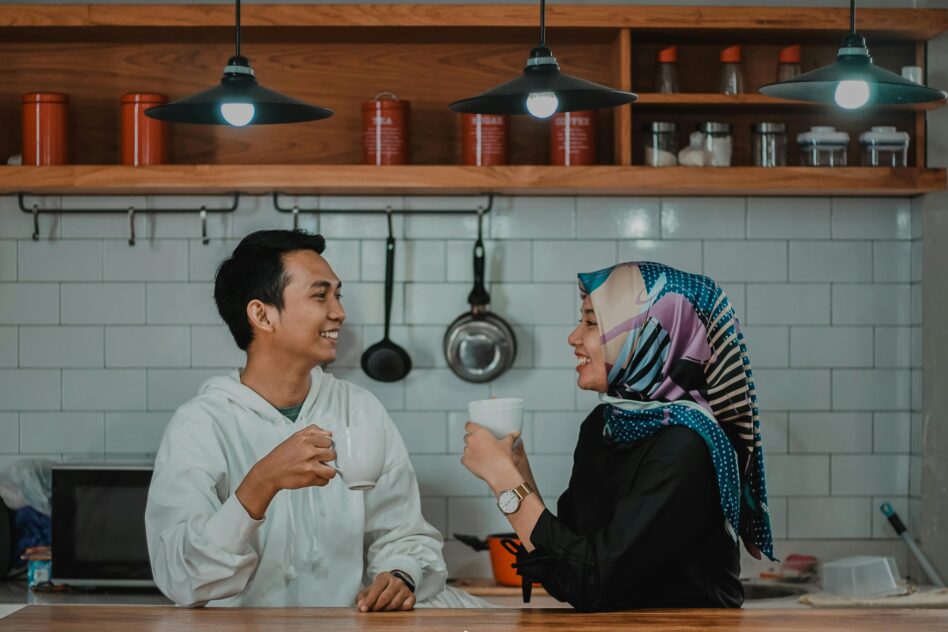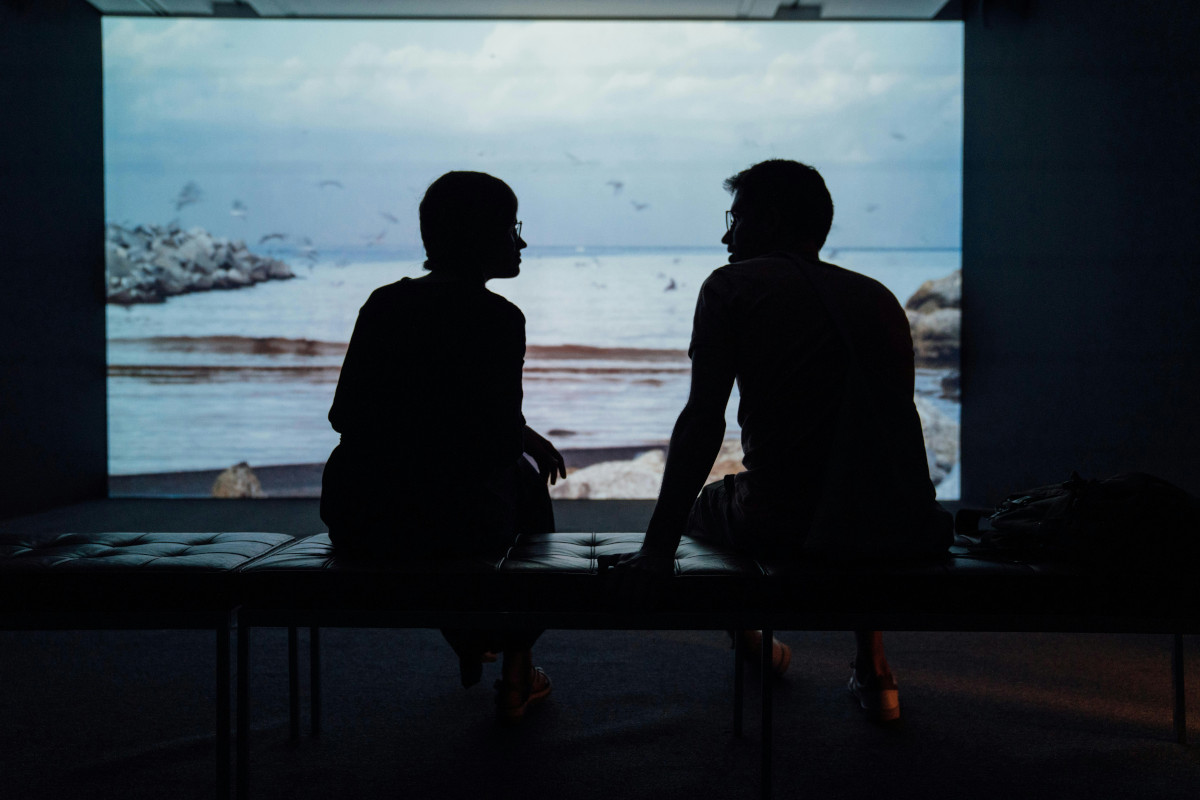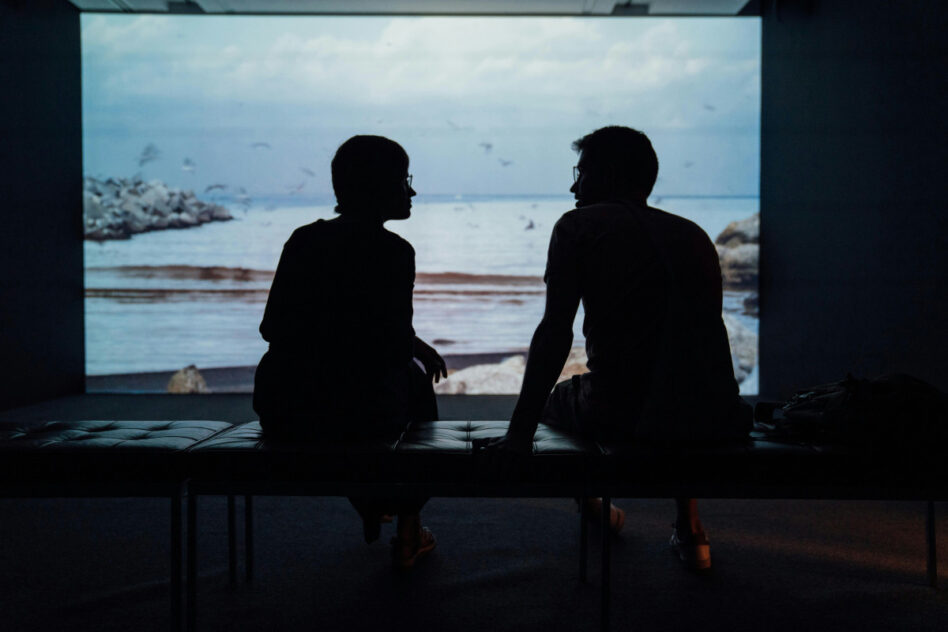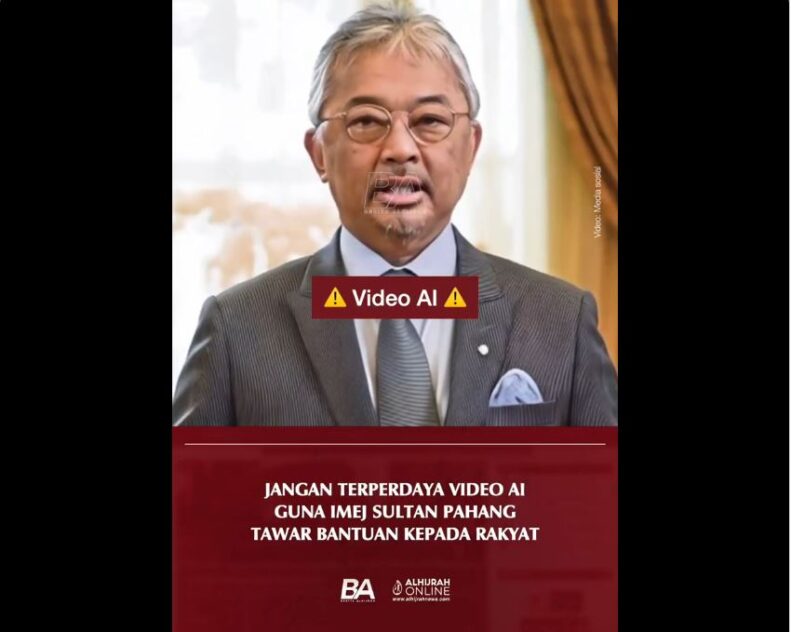WE live in an age where communication is everywhere. It hums in our pockets, flashes across our screens, and echoes through every waking hour. Notifications ping, reels autoplay, and voice notes arrive in rapid fire. We talk, and talk, and talk.
And yet, many of us feel unheard.
It’s a strange thing to be surrounded by words but still feel alone. But that’s what’s happening. Conversation, the real kind, is quietly slipping through our fingers. We’re losing not the ability to speak, but the willingness to listen. Not the tools to connect, but the time to care.
And in that gap—between noise and meaning—grows something deeper. Silence. Not the peaceful kind, but the kind filled with absence. With disconnection. With loneliness.
I’m not speaking from theory alone. Over the years, I’ve watched this shift happen. In classrooms, among colleagues, even in families. People share space, but not attention. They speak, but not to understand. Often, they don’t even make eye contact anymore.
The statistics tell the same story. Around the world, loneliness is rising—especially among the young. In surveys across countries, people in their twenties and early thirties report feeling more isolated than ever despite having access to more communication tools than any generation before them.
Technology isn’t the enemy. It never was. Smartphones and social media have opened up access, especially during times of crisis. But something has changed in how we relate to one another. Speed has overtaken depth. Volume has replaced value.
We’re living, in many ways, in a constant state of partial attention.
Celeste Headlee, in her 2017 book “We Need to Talk”, reminds us that conversation is a skill — one that must be practised. And like any skill, it fades when neglected.
She offers simple but powerful reminders: stay present, be curious, resist the urge to interrupt. Ask questions not to steer the conversation your way, but to understand where someone else is coming from.

These may sound like small things. But they’re not. They are the building blocks of empathy. They are how trust is built. And in a world that feels increasingly uncertain and divided, trust is something we can’t afford to lose.
So where do we begin?
Perhaps by remembering that a real conversation is a gift. One that asks for your full attention, and offers presence in return. You don’t need to be eloquent or have all the right words. You just need to show up. To care. To be willing to sit in the silence until someone finds the courage to speak.
A cup of coffee shared without devices on the table. A walk where questions are asked, and truly heard. A conversation with your child where you’re not multitasking. These aren’t grand gestures, but they matter. Because they tell the other person: I see you. I’m here with you. You are not invisible.
And maybe forgive ourselves for how far we’ve drifted. Life moves quickly. It’s easy to slip into habits of convenience. But the good news is—it’s never too late to return. To put the phone down. To look up. To begin again.
I recently watched two strangers strike up a conversation in the waiting area at Menara Timur, UMMC, while waiting for their names to be called. One was an older man, the other a teenager. I couldn’t hear their words, but I noticed the body language—one leaning in, the other nodding slowly. There was no rush, no distractions. Just the rhythm of two people discovering a shared moment.
It reminded me that conversation doesn’t always solve problems. But it helps us feel less alone in facing them. And that might be enough.
We live in a world that often feels fractured. But in every real conversation lies the possibility of healing. Of being reminded that beneath our differences, we are all looking for the same things: understanding, connection, belonging. Let’s not let that slip away.
Because if we stop having real conversations, we don’t just lose words—we lose each other.
So the next time someone sits beside you, or reaches out, or lingers after a meeting… take the moment. Ask how they are—and mean it. Let them speak. Let them finish. Let them be heard.
Because when we stop listening—really listening—silence begins to grow. Not the peaceful kind, but the kind that spreads like a cancer. Choose to listen. Choose to connect. Choose, again and again to be human. ‒ July 8, 2025
The author is Emeritus Professor at the Department of Biomedical Imaging, Faculty of Medicine, Universiti Malaya, Kuala Lumpur. This 2020 Merdeka Award recipient is a medical physicist by training, but also enjoys teaching, writing, drawing, taking photos and tinkering with ideas for new medical devices.
The views expressed are solely of the author and do not necessarily reflect those of Focus Malaysia.
Main image: Unsplash/Etienne Boulanger









